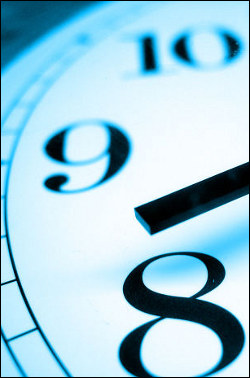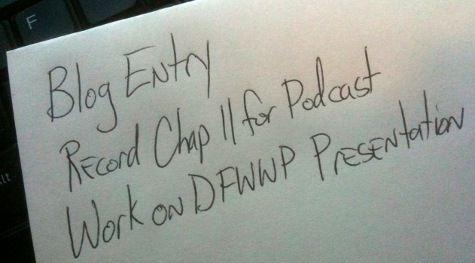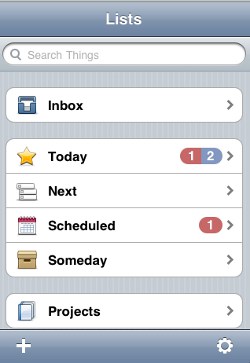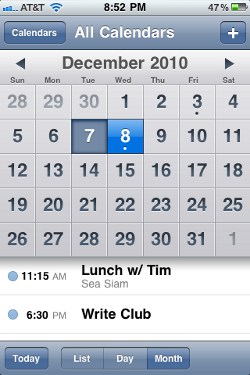 How do you find time to write; how do you get things done?
How do you find time to write; how do you get things done?
For many people, they buy a book about productivity.
And another…
And another…
They read productivity blogs, and they attend productivity workshops. They buy new systems to keep them organized and decluttered. They buy books about organization and reducing clutter. They buy books about organizing their books about organizing and reducing clutter! (Okay so that last one’s made up, but I’m sure somewhere there’s a book out there like that.)
Some people spend more time reading and thinking about being productive than actually being productive.
Getting Things Done
I have a dusty copy of David Allen’s Getting Things Done: The Art of Stress-Free Productivity (affiliate link). When I finished the book, I felt like I was missing something. I’d heard it’s one of those life-changing books full of “Ah-ha!” moments that help you capture and complete everything that comes your way.
I know it’s a system that works because I have a good friend who has piles of work always coming in. He writes and attends conferences — not to mention being very social. Allen’s system works very well for him.
I like aspects of Getting Things Done, but it’s too involved for me. It turned out I was doing a streamlined version of the system anyway.
My version:
The List
Before going to bed each night, I make the list.

I take a blank piece of paper, fold it in half, and write 1 – 3 things on it that I want to get done more than anything else.
I could make a to-do list of 10 or more things most days, but when I make huge lists, I tend to not get anything on them done.
The list I make is a list that — as long as I get one thing done on it — makes the day seem worthwhile.
Rarely do job things make it on this list. (I track my freelance projects using Notepad and Freshbooks.)
An added benefit of a physical list: I use the sheet as scratch paper throughout the day.
Things
There are, of course, more than 1 – 3 things to get done most days.
The Juggling Writer is about juggling work, writing, and life. For capturing those life things, I use an iPhone app called Things. (It was much more affordable when I got it than it is now, but I’d still pay the price if for no other reason than the Someday feature, which allows me to capture thoughts for trips and other things way down the line.)

Clicking the Today line pulls up items for that day.

Today I’d like to give some people LinkedIn recommendations, take an old TV to Goodwill, and e-mail one of two friends about something.
I can tag items so I can view all writing tasks, blog tasks, and other things. I can add notes to each entry if needed. It’s simple and it works for me.
As I complete items on the list, I can check them off and Things automatically moves completed tasks to a logbook each day, or I can manually move them if I want them off my Today list immediately.
A Calendar
I know Google’s calendar is one of the best things in the world (according to most of my friends), but I use the iPhone calendar for tracking appointments.

I like that I can look at the month and see dots on days things are scheduled, and have a list right there of what happens on each day.
Today I’m having lunch with a good friend, and tonight is my writing group.
I could probably include this information in Things, but I’m used to seeing a calendar for appointments.
That’s It!
So that’s how I juggle things each day.
The most important part of the system is the physical list, because getting something done on that list makes the day count no matter what else happens or doesn’t get done.
If I find myself never getting to items on my physical list, I know there’s a problem. If I’m temporarily busy with work, that’s one thing, but if it becomes common, it means I need to change something to allow myself to get to at least one big item a day.
If I don’t get at least one thing done that moves my writing forward each day, I get bummed and slide into a funk.
This simple system keeps me happy.
How About You?
How do you keep up with work, writing, and life?
Has Allen’s Getting Things Done worked for you, or do you have another system for juggling work, writing, and life?

Leave a Reply